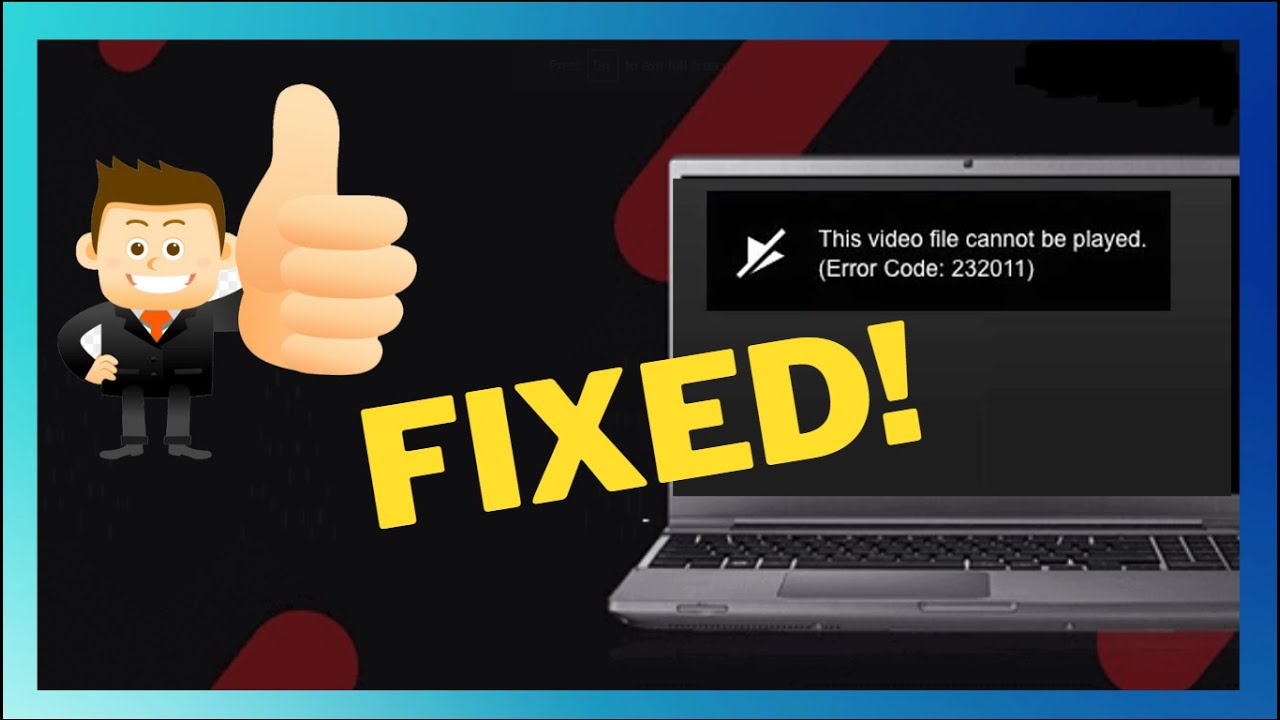Ah, the magic of taking words from one language and making them meaningful in another!
A Brief Introduction to Translation
From ancient scribes to modern software, translation, or “übersetzen” as our German friends would say, has been an integral part of human communication.
The Historical Evolution of Translation
Did you know the first translations date back to 2000 BCE? People have been crossing language barriers for a long time! From ancient texts to modern manuals, the act of translation has shaped civilizations.
Why Translation Matters Today
In our globalized world, translation bridges gaps and builds connections. Think about it: How would you watch that foreign film or read that international bestseller without it?
The Complex Nature of Translation
Übersetzen isn’t just about replacing one word with another.
Beyond Literal Meanings
Imagine trying to explain “it’s raining cats and dogs” to an alien. Funny, right? Some things just don’t have a direct counterpart in other languages.
Cultural Nuances in Translation
Ever hear of “lost in translation”? Cultural contexts give words their depth and richness, making translation a beautifully complex puzzle.
Modern Translation Tools and Technology
As times change, so do our tools. Let’s dive into the tech side of things.
Translation Software
Software like Google Translate has revolutionized quick translations, but is it always accurate?
The Role of Machine Learning
Artificial Intelligence learns from vast datasets, improving translation quality. But is it perfect? We’ll explore that next.
The Human Touch in Translation
Machines might be smart, but can they capture the essence of a language?
Professional Translators vs. Machine Translation
Machines might give you the words, but human translators give you the feeling, the context, and the cultural touch.
The Importance of Context
Would you rather have a machine translate your love letter or a human who understands emotions? Context is key!
Common Challenges in Translation
Language Idioms and Expressions
Expressions like “bite the bullet” or “spill the beans” can perplex even seasoned translators.
Localizations and Adaptations
Did you know “Harry Potter” was adapted for various countries? Localization ensures content resonates with its audience.
The Future of Translation
Machine learning, neural networks, AI – the future is exciting. But remember, the human touch will always be irreplaceable.
In Conclusion
Übersetzen, or translation, is an art and a science. As the world becomes more interconnected, the importance of accurate, context-rich translation grows. Whether it’s machine-assisted or purely human, translation is here to stay.
FAQs
- What does “übersetzen” mean?
- It’s German for “to translate”.
- How long has translation been around?
- Since around 2000 BCE!
- Are machines taking over human translation jobs?
- While machines assist, they can’t replace the human touch fully.
- Why is context important in translation?
- Context gives words their depth, feeling, and cultural nuance.
- Can machines understand idioms and expressions?
- They can, but often lack the depth and cultural understanding humans possess.









Leave a Reply